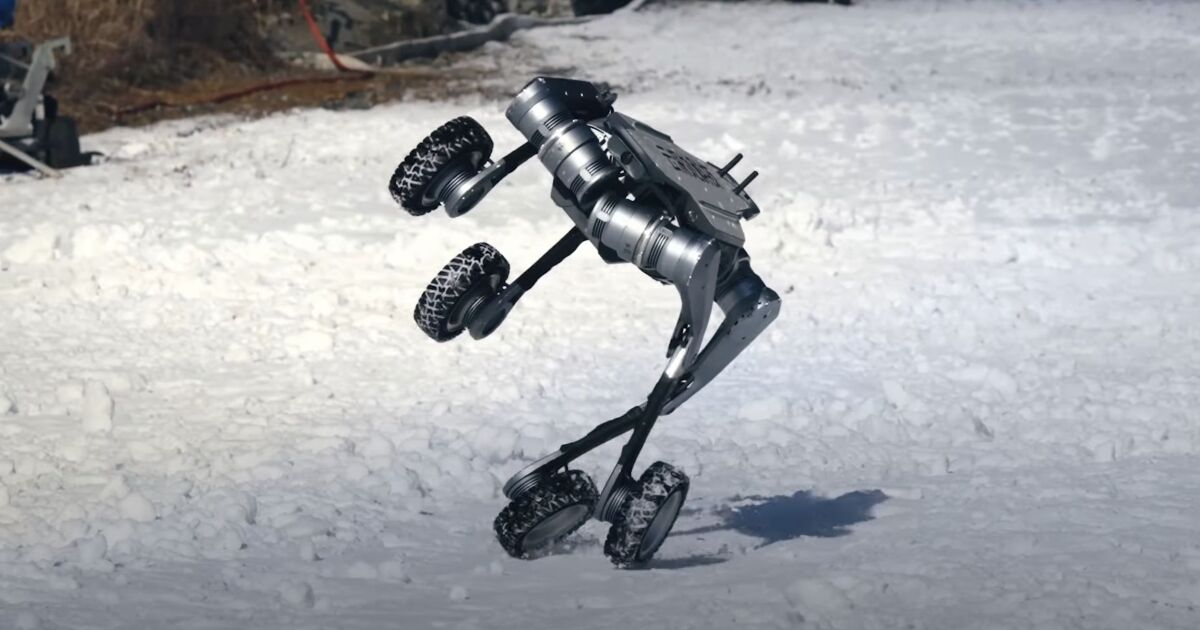We’re more than halfway through 2024 and the movement against diversity, equity, and inclusion (DEI) shows no signs of slowing down.
Companies like John Deere have canceled their DEI efforts. SHRM, an organization for HR professionals recently chose to eliminate “equity” from its DEI language. Over the past several years, droves of DEI leaders have been pushed out of some of the biggest and most influential companies in the world.
Some conservatives have even called Vice President Kamala Harris a “DEI candidate.” Others, including former Republican House Speaker Kevin McCarthy have called these comments “stupid.” But in the same statement, McCarthy said, “I disagree with DEI.”
Indeed, DEI has become a go-to scapegoat among some conservatives. Here is an inexhaustive list of all the issues that have been blamed on DEI—and why working to achieve a diverse, equitable, and inclusive work environment for all has become the boogeyman of those who oppose progress.
What has DEI been blamed on
Notable conservatives have blamed the fall of Silicon Valley Bank on DEI. “These banks are badly run because everybody is focused on diversity and all of the woke issues,” said Bernard Marcus, cofounder of Home Depot and a major Republican donor.
And when Boeing began facing major air-safety issues, DEI again was the scapegoat. Donald Trump Jr. tweeted, “I’m sure this has nothing to do with mandated Diversity, Equity, and Inclusion practices in the airline industry!!! Wheels don’t just fall off planes without gross incompetence in the equation!”
Once again, when the Baltimore bridge collapsed, it was the fault of DEI. “This is what happens when you have governors who prioritize diversity over the well-being and security of citizens,” wrote Republican Utah state Rep. Phil Lyman.
Most recently, the assassination attempt on former President Donald Trump was blamed on DEI, this time because the Secret Service had hired women. “You are a DEI horror story,” said Republican Rep. Tim Burchett of Tennessee while speaking to Secret Service Director Kimberly Cheatle. “You’ve let the American public down, and if it were up to me, you’d be gone.” Following these remarks, Cheatle resigned.
And the blame game doesn’t stop there. Some conservatives have also blamed the college affordability crisis, inflation, and military recruitment issues on DEI. Billionaire and anti-DEI advocate Elon Musk recently implied that the global tech outage was related to CrowdStrike’s DEI efforts. Some pundits have even blamed DEI for soccer teams in the U.S. and U.K. losing big tournaments.
The question is why? Here are three potential reasons why DEI continues to be villainized:
They don’t want to take accountability
One of the most important and difficult things leaders can do is take accountability. Leadership includes acknowledging that the buck stops with us, and that we are responsible for mistakes that have been made under our watch. It can be tempting to blame someone else in the short term, and to save ourselves from any potential blowback. Blaming others is a dangerous mindset and can slowly erode our credibility in the long run.
Similarly, when some conservatives blame DEI for negative outcomes, or even life and death situations, they distract from the root cause of the issue at hand. Leaders could take accountability by asking questions: Why did this event happen? Are there systemic issues at play? How do we ensure this doesn’t happen again?
For example, SVB collapsed because of fundamental financial issues, including a lack of diversification and a bank run. Boeing’s airline safety issues were reported by a whistleblower, who alleged that the company had taken shortcuts and skipped crucial safety steps. The Francis Scott Key Bridge in Baltimore collapsed because a massive cargo ship (which had experienced power outages before starting its voyage) rammed into the bridge.
Blaming all these issues on DEI distracts us from addressing them with increased regulations. It’s time the distractions and finger-pointing stop, and we take accountability for what has gone wrong so we can avoid catastrophic mistakes in the future.
They want to pit people against one another
According to a recent Washington Post-Ipsos poll, “more than 8 in 10 Democrats (84%) said DEI efforts were good for companies compared with 34% of Republicans.” The poll also found that many Americans do not fully understand what DEI actually means. When surveyors included the definition of DEI in the poll, favorability increased to 91% among Democrats and 49% among Republicans.
In this way, weaponizing and blaming DEI can be a tactic to scare people and make them terrified of something they may not even fully understand. Creating fear about the unknown can divide individuals and unite a core group against one cause. In this case, anti-DEI evangelists often imply that providing equity and inclusion for all hurts white men.
When some conservatives blame higher taxes or elevated unemployment on DEI, they pit workers against one another. The irony is that DEI work is designed to help all workers thrive.
They are scared of the world changing
For most of my career, I have walked into spaces and places where I was “the lonely only.” It was rare for me to enter meetings and see lots of people who looked like me and had similar life experiences to mine sitting at the table. I have grown accustomed to navigating a world of work that wasn’t built for me.
I can imagine some conservatives are intimidated and scared that this landscape, and the greater world, is changing. According to the U.S. Census Bureau, a majority of the U.S. population will be nonwhite by the year 2050.
However, despite these shifting demographics, who is in control of some of the biggest institutions in the U.S. has not changed proportionally. For instance, one study found that white men hold 62% of all elected offices—even though they make up just 30% of the U.S. population. And according to USA Today, 70% of executive officers at S&P 100 companies are white men. And of those companies, “about one in 7 had executive teams that were made up of only white men in 2022.” The fear of losing the status quo, and what they have become used to, may be the driving force behind conservatives demonizing DEI.
But when it comes to DEI, here’s what they miss: Diversity is about embracing the differences we all bring to the table, including ethnicity, age, gender, religion, and so many other aspects of how we identify. Equity is about treating everyone, not just a select few, fairly and providing equal opportunities. And inclusion is about feeling valued and recognized for our contributions, and feeling ultimately that we belong.
So while some may choose to blame DEI for every issue they wish, this blame doesn’t diminish or erase what DEI is really about. Because the irony is that DEI is ultimately about creating equal opportunities for all individuals—even those who are trying to cancel it.
Apply to the Most Innovative Companies Awards and be recognized as an organization driving the world forward through innovation. Don’t miss the super-early rate deadline on Friday, July 26!






